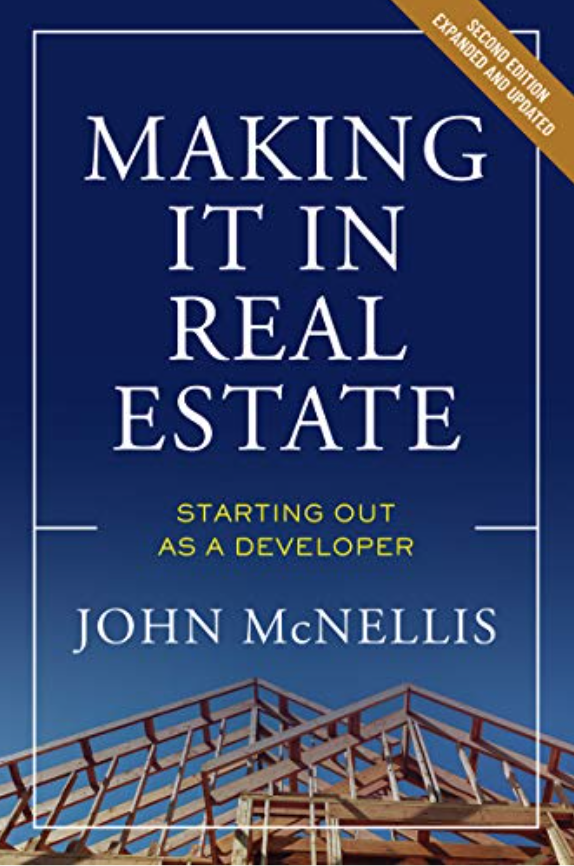One of the more amusing ways the Brits keep their societal distinctions crisp is through the upper class’s use of outlandishly imaginative group names for the animal kingdom. Describe a bunch of cawing black birds as anything other than a “murder of crows,” and bang, you’re either Cockney or another clueless American. Either way, the drawbridge is up.
It’s easy to conjure a vision of Cambridge dons (think “Chariots of Fire”) smoking their pipes in mahogany-lined studies, sipping sherry and gleefully exercising their vast vocabularies in defense of unvarnished elitism. If this is indeed the provenance of animal group names, or whether they were simply slipped into the Oxford English Dictionary by whimsical copy editors, is unknown; what is known is that the best of these names combine alliteration with something humorously telling about the animal.
One need not reside at Downton Abbey to discover that a passel of porcupines is known to the gilded as a “prickle” and that otters are a “romp.” Rattlesnakes are a “rumba,” while a collage of cobras is a “quiver.” A group of giraffes is a “tower,” and a few to five hundred ferrets are—rather darkly—a “business.”
An “ostentation” is what the glitterati call a plethora of peacocks, while a “flamboyance” is their label for a forest of flamingos. Sweetly—they use “pandemonium” to describe a plentitude of parrots. Finches are a “charm,” while a bunch of buzzards is a “wake.”
To the well bred, more than a few cockroaches are merely an “intrusion,” but a multitude of mosquitoes rises to the level of a “scourge.” On a happier note, a butterfly-filled sky is a “flutter.”
We have been suffering British invasions (Lord Cornwallis, Sir Alexander Cochrane and The Beatles to name a few) for hundreds of years, and it was only a matter of time before this group-naming fetish found its way into mainstream Americana. Everyone is of course now aware that a group of professional athletes is called a “doping,” too many senators a “sinkhole” and a covey of congressmen simply a “coma.”
Always besotted by jargon, Wall Street has enthusiastically embraced its own group names. Too numerous to list, a smattering would include a “guessing” of economists, a “betrayal” of underlings, a “festering” of financial analysts and an “overpayment” of CEOs.
Less certain is the extent to which group naming has worked its way into the more traditional world of real estate. In its ceaseless efforts to educate its readership, The Registry wrote the Oxford University Press, publisher of the Oxford English Dictionary, inquiring as to whether its long-awaited Third Edition would in fact include group names for the various professions, careers, sects, hobbyists and gadflies found in and around our world. Month after month went by without an answer until—finally—Oxford replied and, by way of making amends for its unseemly tardiness, agreed to give The Registry a first look at the newly minted words.
According to The Oxford, more than a few NIMBY’s constitute a “negativity,” and environmentalists by the score are a “scold.” An “arteriosclerosis” of attorneys may be unfair to juris doctors (not to mention tricky to spell) and is certainly not as playful as a “minutia” of paralegals.
Under the word “officer” in the new edition, one will find a “history” of title officers, a “balancing” of escrow officers and a “doubt” of credit officers. An “insolence” of special servicers will surprise no one, while a “troubling” of partners may be less apparent to those newer to real estate. A “tinkering” of engineers should please all who view pocket protectors as a way of accessorizing outfits, and a “bombshell” of brokers evokes the courage required to cold call.
A “recalcitrance” of sellers was submitted to The Oxford by—you guessed it—a bombshell of brokers while a “pretense” of buyers is still under consideration by the Brits. A “skepticism” of bankers has a certain ring to it, akin to a “change order” of contractors or a “lien” of subcontractors. A “number” of accountants speaks for itself as does a “cackle” of consultants.
A “refusal” of councilmembers is already in common usage, as are a “paralysis” of planners and a “concern” of commissioners.


